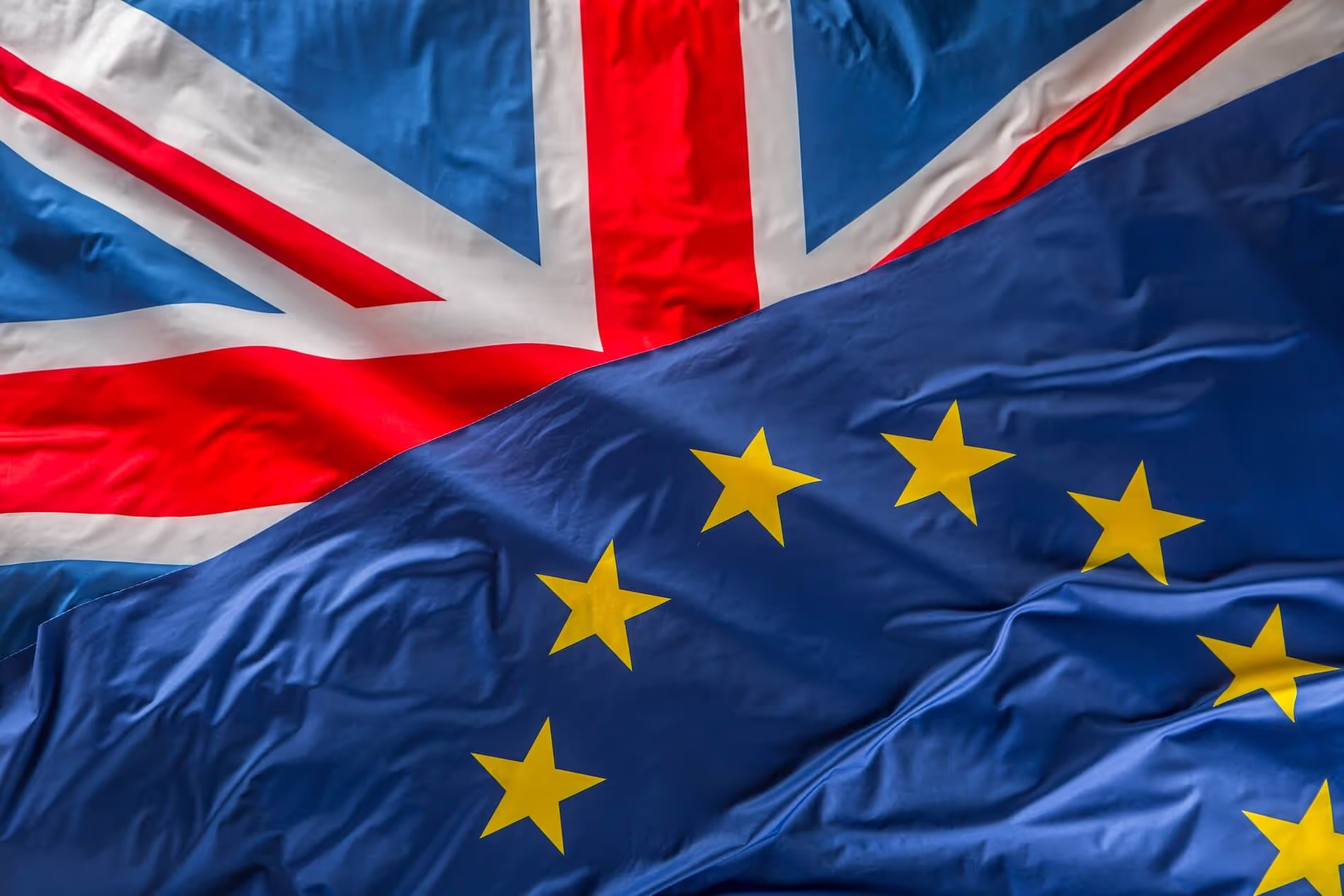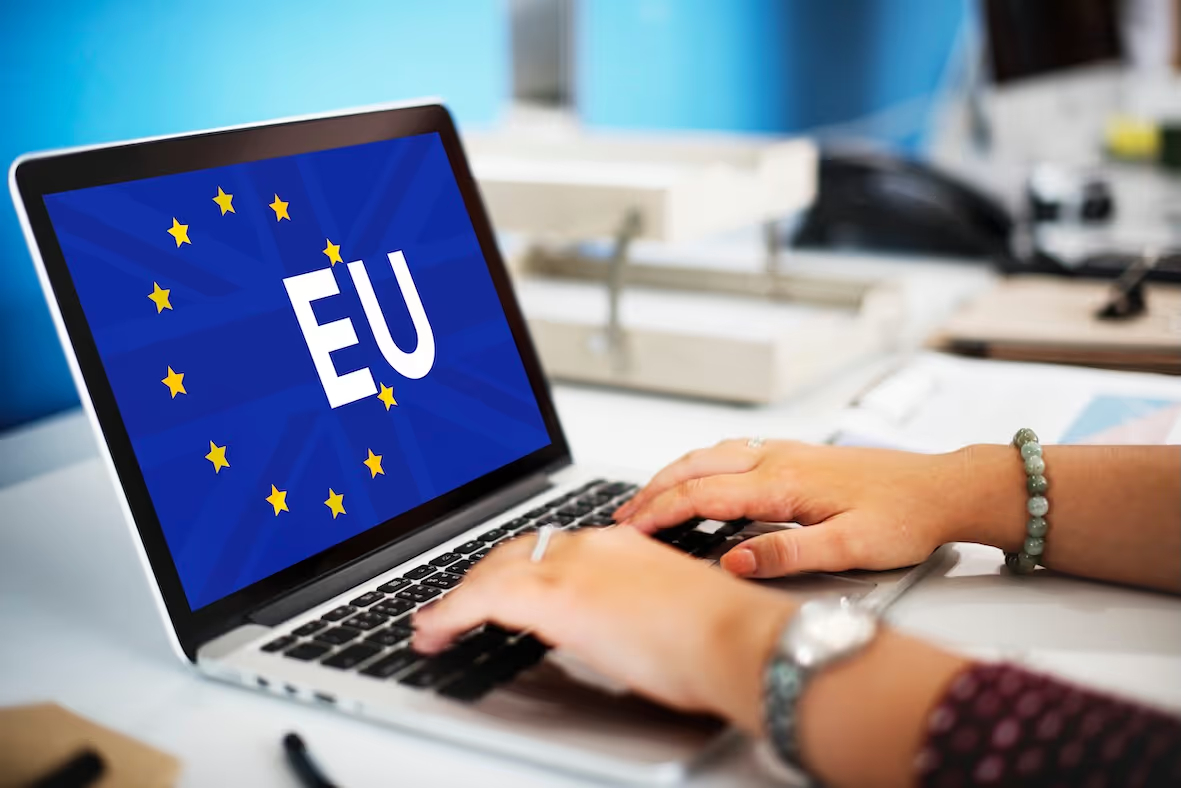The EU Deforestation Regulation (EUDR) is part of a broader ambition: the European Green Deal, which aims to make Europe climate-neutral by 2050. While existing regulations like the EU Timber Regulation (EUTR), UK Timber Regulation (UKTR), and Switzerland’s Timber Trade Ordinance (TTO) were designed to tackle illegal logging, they haven’t managed to significantly reduce either illegal practices or overall deforestation.
That’s largely because wood products are not the main drivers of deforestation. In fact, around 90% of global deforestation is linked to agricultural expansion—much of which remains legal under national laws. The consequences are becoming harder to ignore. Deforestation now contributes to roughly 15% of human-made greenhouse gas emissions worldwide. In some cases, tropical forests have become so degraded that they release more carbon dioxide than they absorb.
It’s within this context that the EUDR was introduced: a regulatory push not just to stop illegal activity, but to curb deforestation (legal or not) at the root.
What Is the EUDR?
The EU Deforestation Regulation was enacted in June 2023 and will come into force on 1 January 2026. It requires companies involved in importing, processing, or exporting certain commodities (listed below) within the EU to demonstrate that their products are free from deforestation and forest degradation. They must also prove that production has complied with relevant legal requirements in the country of origin.
To meet these conditions, companies must submit a Due Diligence Statement (DDS) and maintain a due diligence system that supports it. Without this documentation, products cannot legally be placed on the EU market.
Who Will Be Affected?
The scope of the EUDR is broad. Any EU-based company trading in commodities such as coffee, cocoa, wood products, leather, soy, palm oil, or rubber - and their derivatives - will need to comply. There are no exceptions based on company size, product value, or shipment volume. Everyone from major multinationals to small importers is included.
What is a DDS?
A Due Diligence Statement. This must be submitted to the EU’s TRACES information system, a platform primarily accessible to national enforcement authorities. Only limited data will be available to other companies.
The DDS must include key details: supplier names, product classification codes, volumes, species, and precise geolocations of the forest or farm where the materials originated. If other suppliers in the chain have submitted a DDS, their reference numbers must also be included. Finally, each statement must be digitally signed to confirm that the products present a negligible or zero risk of deforestation or degradation.
What Makes EUDR Different?
Compared to previous regulations like the EUTR and UKTR, the EUDR sets a much higher bar. It demands geolocation data for all sources, insists on due diligence for every transaction or delivery, and expands its scope to include exports as well as imports.
Customs clearance now depends on a valid DDS, and fines for non-compliance can reach up to 4% of annual EU turnover. Crucially, the EUDR also applies to a wider set of commodities, significantly expanding the range of businesses affected.
What About Non-EU Companies?
UK businesses are not directly bound by the EUDR, and the EU has no authority to impose fines on them. They also cannot submit information directly to TRACES, and there is no legal obligation for UK companies to pass on EUDR data to EU customers.
However, market pressure may tell a different story. EU partners still need this information to comply with their own legal duties, and if UK suppliers can’t or won’t provide it, they may find themselves locked out of key markets.
One notable exception is Northern Ireland, which - unless otherwise confirmed - will remain aligned with the EUDR.
Here are some scenarios we often see:

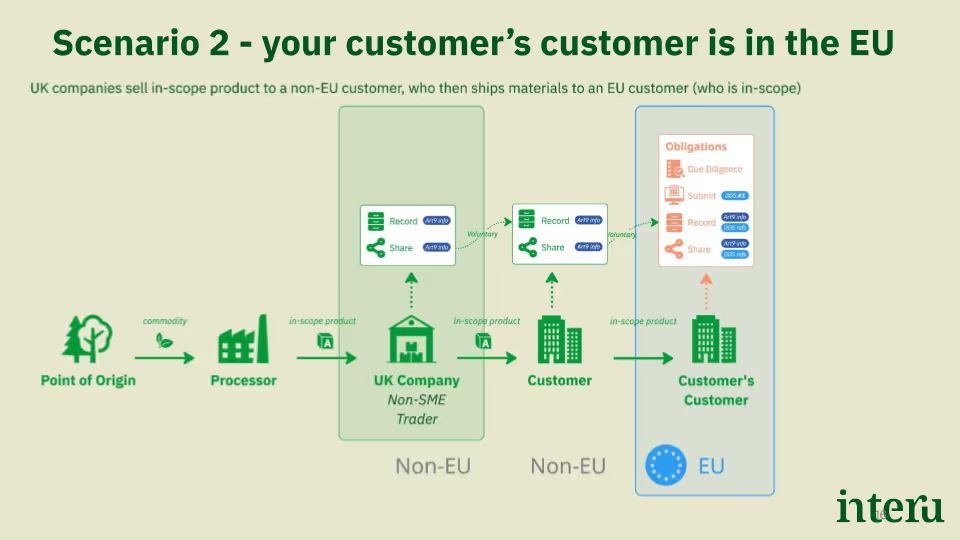
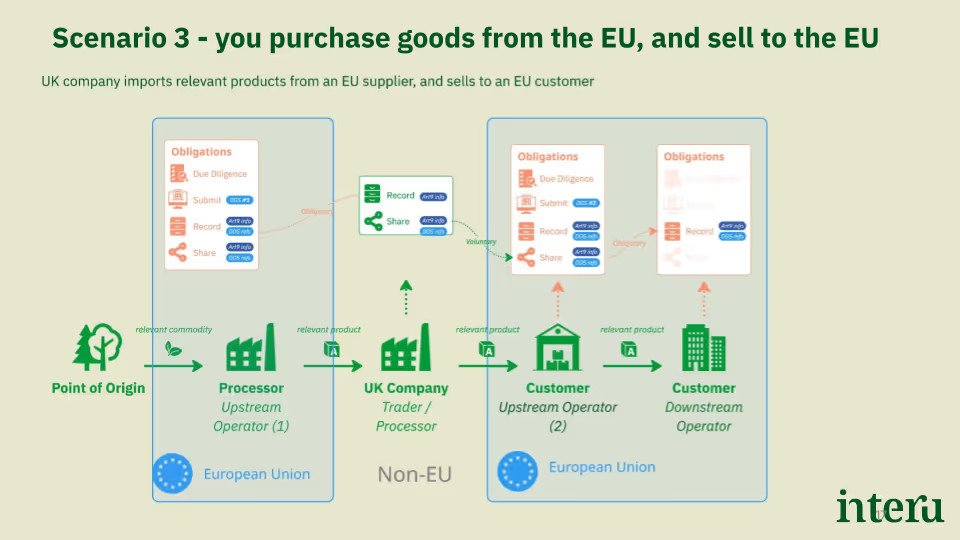
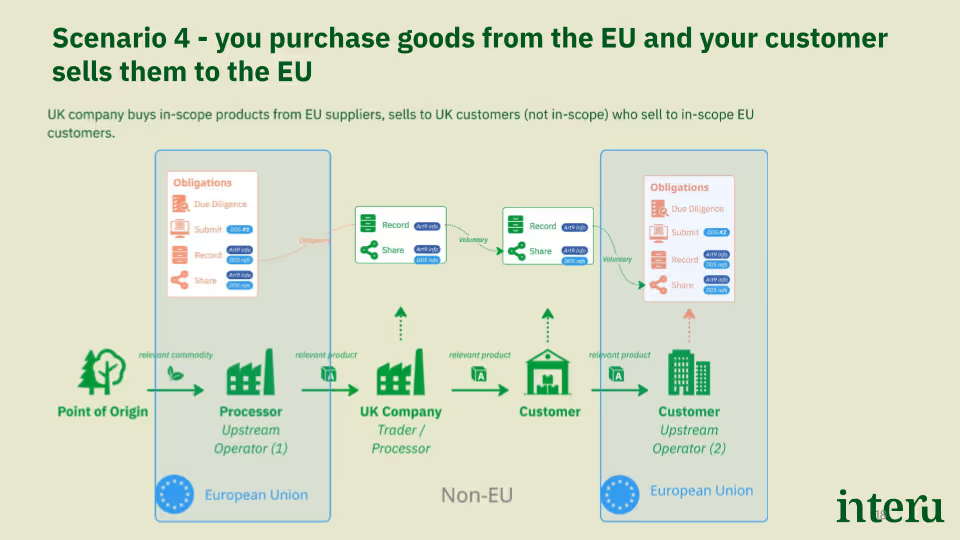
It is worth noting that timing is critical. A DDS reference number is required for goods to clear EU customs, and the due diligence process must be completed before the products are received or placed on the market. For suppliers, this means providing the necessary data early, ideally well before the goods arrive.
Managing Compliance with Interu
Given the volume and complexity of the data involved, many businesses are turning to digital solutions to help manage their compliance.
Interu is a purpose-built due diligence system that supports companies with EUDR, (as well as the UKTR, EUTR and Swiss TTO). It collects and organises information from suppliers, supports risk assessments, and helps users share validated data with customers, auditors, and enforcement authorities through TRACES.
The platform distinguishes between reusable, static information - like product specifications and supplier details - and transaction-specific data, such as purchase order references and delivery routes. Supporting documents, including certificates and declarations, are attached to create a complete, auditable chain of due diligence.
As the January 2026 enforcement date approaches, it’s clear that the EUDR represents more than just a new layer of red tape. It’s a fundamental shift in how companies must prove their supply chains are clean - both legally and environmentally. Getting ahead now could mean the difference between market access and being left behind.
Get in touch with the team at Interu today.


